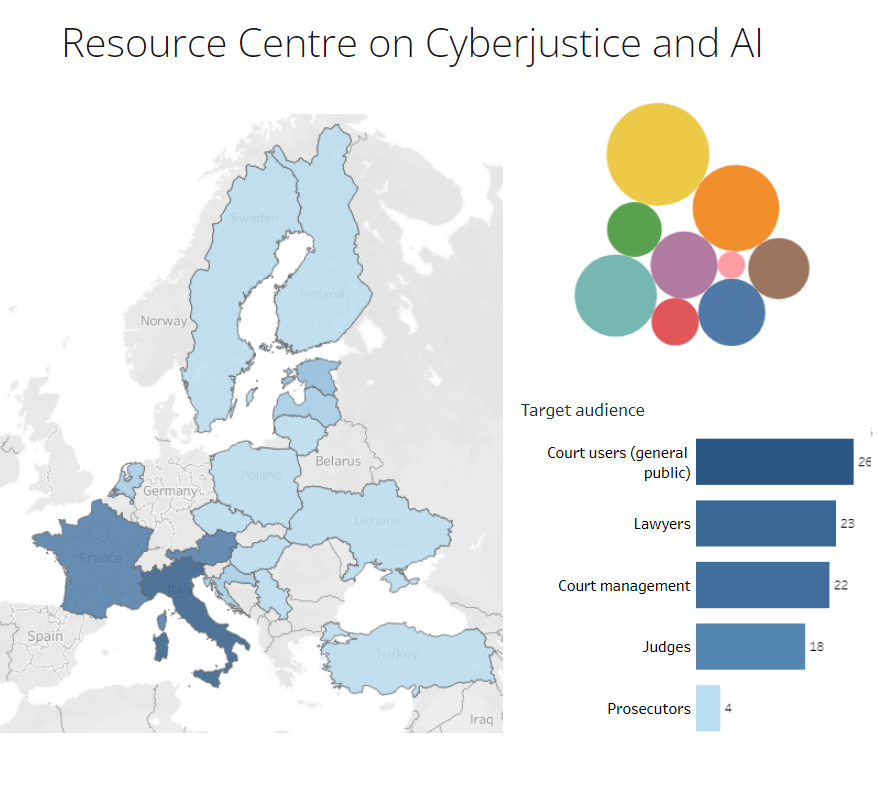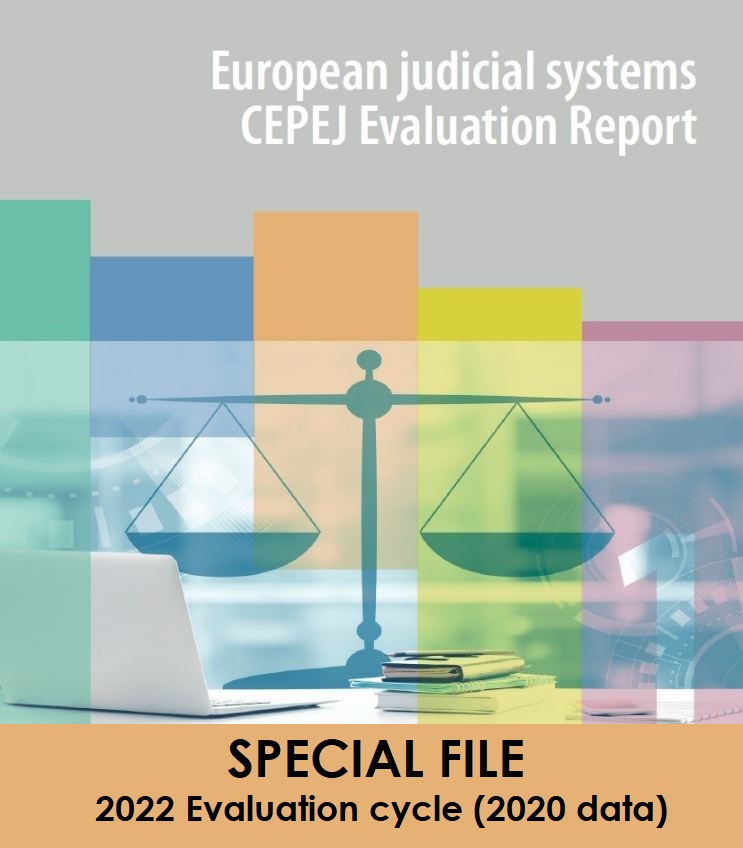On 26 October 2021, the CEPEJ, in cooperation with the European Union and the Maltese Ministry of Justice, organised the closing event of the Project entitled “Establishing a digital strategy for the Maltese justice sector”, which started in May 2020.
Participants included representatives of the Ministry for Justice and Governance of Malta, the European Union, the CEPEJ and important stakeholders in the Maltese justice sector.
The first phase of the Project involved the collection, understanding, and analysis of all IT initiatives in the Maltese justice sector, by performing desktop research and in-depth interviews with all relevant stakeholders.
The beneficiaries and stakeholders then developed, with the support of the CEPEJ, a draft digital justice strategy and corresponding action plan. This included guidelines on change management, training initiatives, governance, and broadly how a modern, efficient, and high-quality justice sector should function.
Following a public consultation procedure, the Maltese Ministry for Justice and Governance is set to launch the Digital Justice Strategy and corresponding Action Plan next month, following a final review of the documents.
The Project was carried out with funding by the European Union via the Structural Reform Support Programme and in cooperation with the European Commission's DG Reform.











